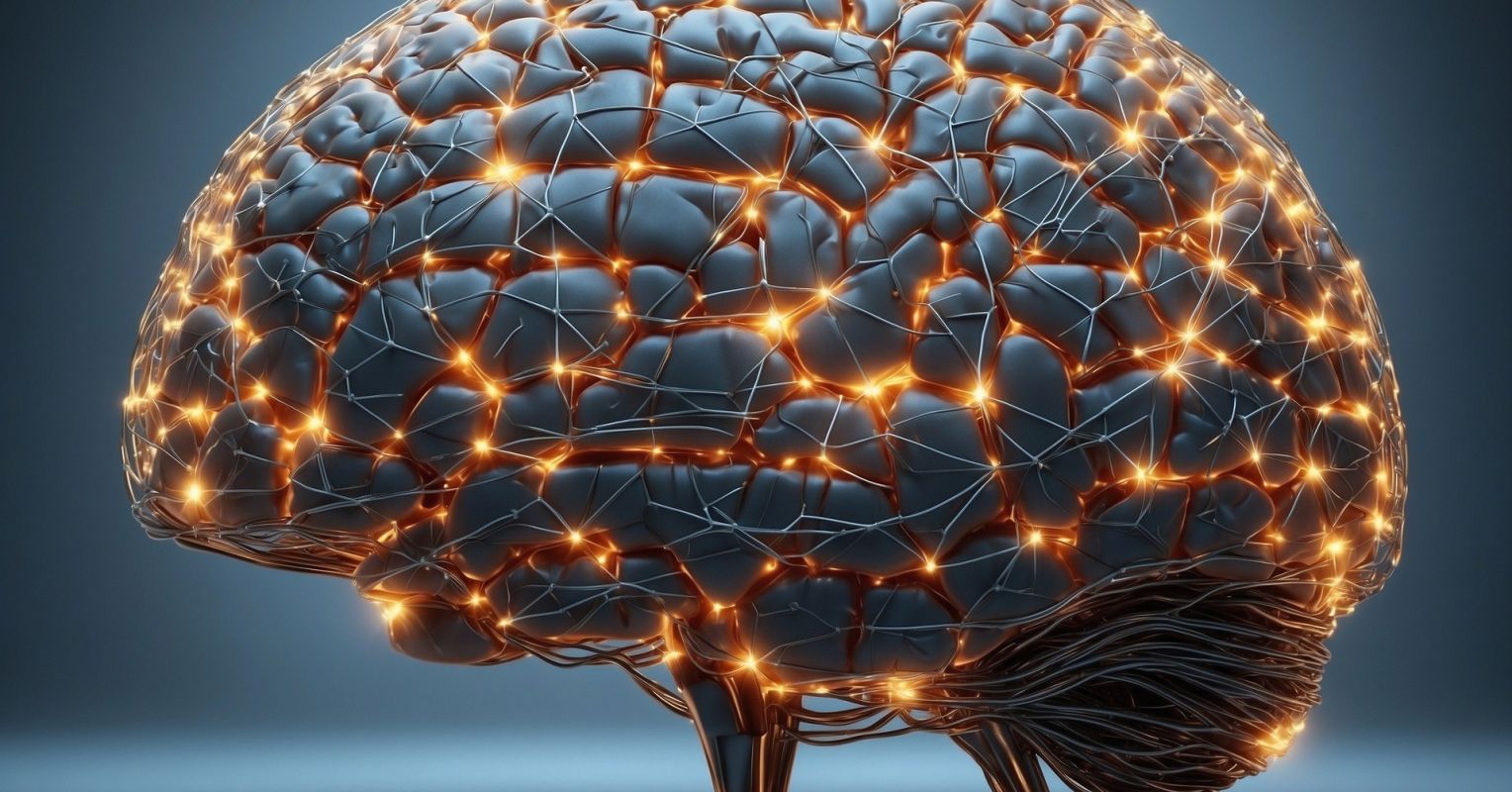The reliability of human life is a topic of interest, with recent research suggesting that AI transformer models may have the capability to forecast significant life events, including mortality. A study by experts at the Technical University of Denmark and Northeastern University highlighted the potential of AI in predicting life outcomes.
Lead researcher Sune Lehmann and co-authors emphasized the platform’s capacity to uncover new mechanisms influencing life trajectories and interventions. The AI model demonstrated notable accuracy, with the engine and database quality playing crucial roles in its predictive capabilities.
The depth and breadth of training data significantly impact the AI algorithm’s efficacy. For instance, ChatGPT, a powerful AI chatbot developed by OpenAI, was trained on extensive datasets, including Common Crawl and various online resources. The AI transformer model utilized a substantial database of individual-level data from six million Swedish residents to enhance its predictions, encompassing diverse life events and daily decisions.
The researchers leveraged the “life2vec” AI deep learning model, drawing inspiration from transformer architectures introduced by Google experts in 2017. By incorporating the BERT framework for natural language processing, the study achieved remarkable predictive accuracy across a spectrum of outcomes, from mortality to nuanced personality traits.
This study underscores the potential of AI in forecasting individual life events, offering valuable insights for social sciences and health research. The combination of potent transformers and vast training data heralds a new era in predictive analytics, paving the way for enhanced understanding of human experiences.






